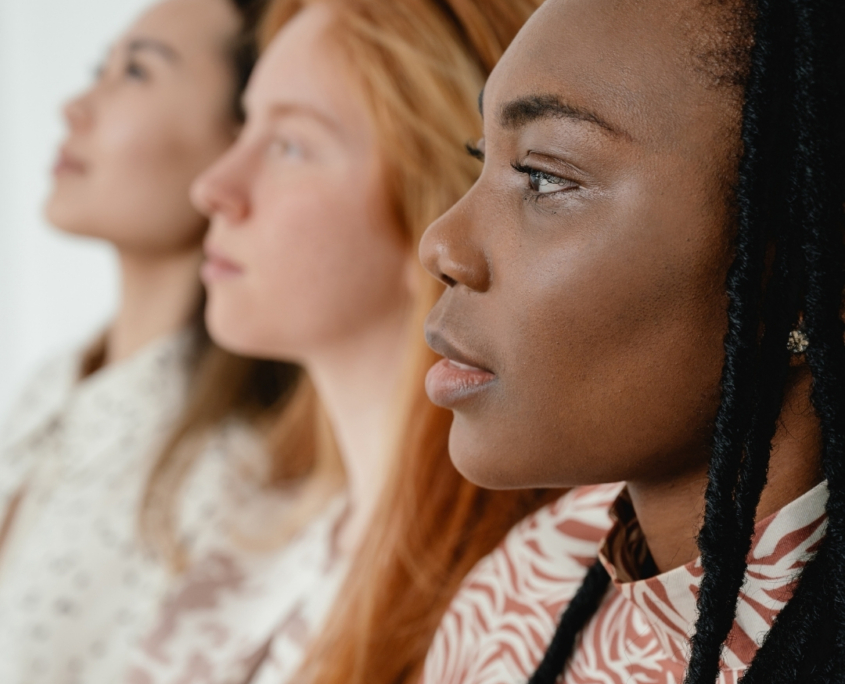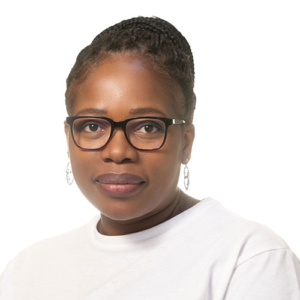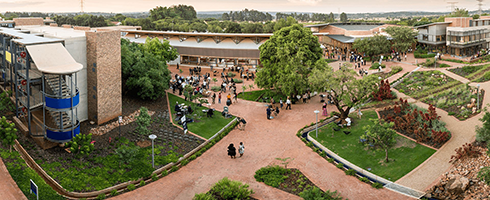You are here: Home1 / Challenge Domains2 / Sustainability Transformations in Africa3 / She Can Do More, Give Her Space: Women’s Contribution to Socio-Economic D...
She Can Do More, Give Her Space: Women’s Contribution to Socio-Economic Development
An opinion piece by Dr Clarietta Chagwiza, Future Africa Research Fellow
Globally, women continue to face significant challenges in society and the workplace. In addition, women are often required to work harder to prove themselves and demonstrate their value. Their dreams are hindered not by lack of ability but by barriers they did not create.
This persists despite their indispensable role as essential drivers of social progress and economic growth. Everywhere you look, women are supporting families, educating children, and building impactful businesses. Empowering women’s full participation in economic activities creates ripple effects through higher income generation. This in turn leads to improved education, healthcare, nutrition for families, environmental sustainability, and fosters economic resilience.
In most families, women are the primary caregivers, a role that is largely unpaid. In conflict zones such as Gaza, these responsibilities intensify as mothers try to keep children safe amid malnutrition and violence. This underscores the extraordinary burdens women carry and the resilience on which communities depend.
Creating balance between economic and family responsibilities is hard work. Advancing gender equality, therefore, calls for joint action across policy, workplaces and communities. When societies hold women to conflicting expectations in the home and at work, inequality deepens and gender-based violence persists, including in many African contexts.
The earnings gap remains stubborn and closing it could contribute an estimated 160 trillion dollars to the global gross domestic product. Despite these constraints, women continue to sustain households and economies by balancing care and paid work.
Where to from here?
Women need space to take up their rightful place to contribute to economic development. With the digital revolution and massive progressive technological development such as artificial intelligence (AI), African women are standing on the threshold of endless opportunities. Many women and girls are taking up science, technology, engineering, and mathematics (STEM) studies and professions that were previously male-dominated. This is a huge step towards levelling the playing field. It is crucial to maintain, or better still, increase the momentum.
During a keynote address at the seventh annual Women in Science Symposium hosted by the University of Pretoria on 8 August 2025, Nomalungelo Gina, Deputy Minister for the Department of Science, Technology and Innovation said: “Yes, women are moving the needle, but is it moving the way and at a pace we wish to see?”
Her statement is a call to action for all stakeholders, including women themselves, to rise and move the needle towards the right direction at the desired rate. Empowering women isn’t charity; it is smart economics and effective leadership.
Imagine a world where nations become intentional about not leaving almost half of their talented population underutilised and marginalised.
Imagine a world where societies stop adhering to outdated structures and norms, and gender stereotypes.
We need a paradigm shift in gender laws and policies that are inclusive and equity-driven to challenge the status quo. For instance, Rwanda implemented a gender quota system in political representation where women are mandated to occupy at least 30% of seats in parliament. Some countries, such as Sweden, have implemented gender-neutral parental leave to promote shared caregiving, thereby challenging the assumption that caregiving is solely a woman’s responsibility.
What are the levers?
When a woman is empowered, families thrive, economies grow, and societies become peaceful and stronger. The phrase “She can do more, give her space” is not just a call for gender equality; it is an acknowledgment of the untapped potential that women bring to the socio-economic transformation and sustainable development of communities and nations, and the world.
All women need is space to exercise the balance between family and work without having to carry the “world” alone. Space to shine and excel without being subjected to gender-based violence. Space to own economic assets, run companies, and enjoy legal rights. Space to occupy positions in higher-productivity sectors. Space to learn, innovate, and be remunerated equally.
“She can. She will. Let her.”
About the Author
Dr Clarietta Chagwiza holds a PhD in International Development Studies from Radboud University Nijmegen (the Netherlands) and an MPhil in Development Finance from Stellenbosch University. Currently working as a Research Fellow at Future Africa, University of Pretoria under the Sustainability Transformations research domain.





